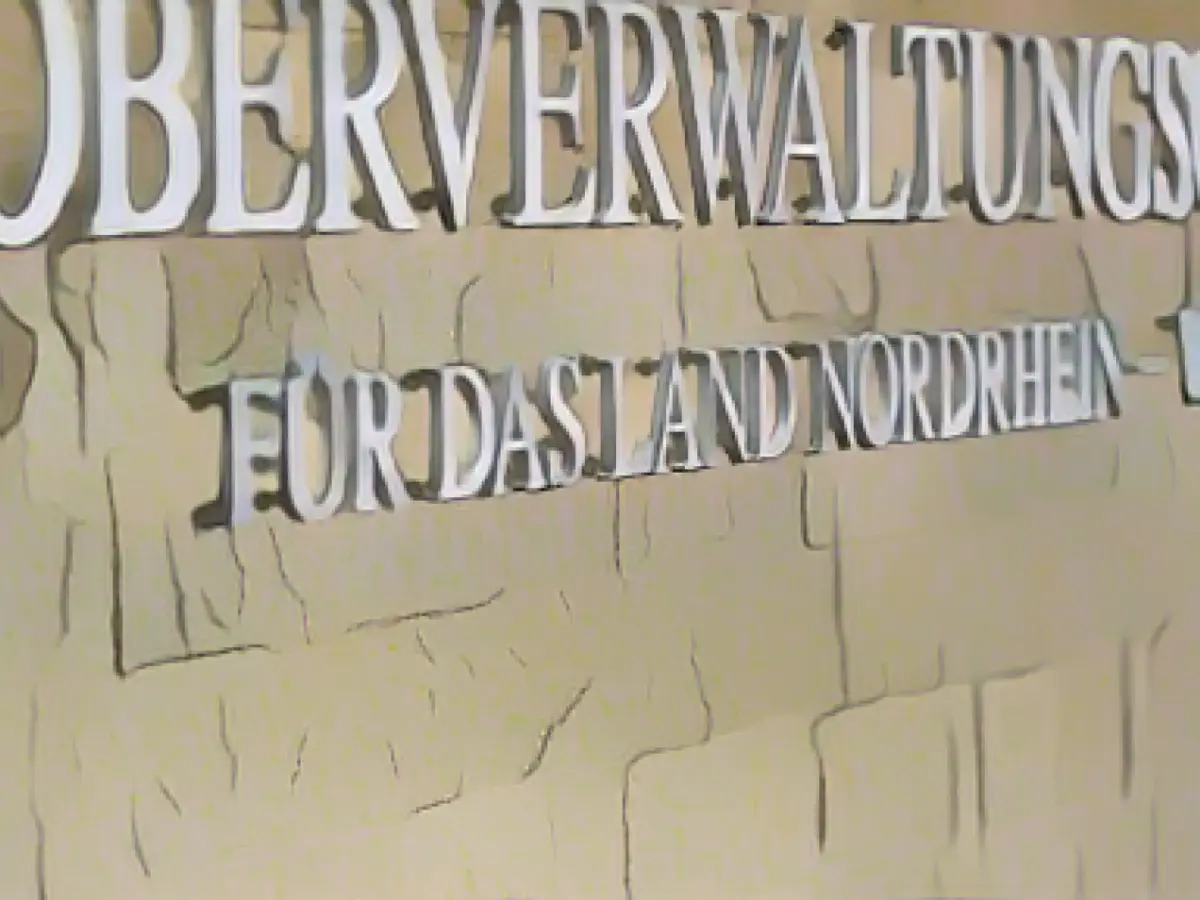Swamped by over 230,000 unresolved investigations, North Rhine-Westphalia's judges are being called upon to lend a hand at the public prosecutor's offices, as per Justice Minister Benjamin Limbach's report to the state parliament. This move, which involves distributing workloads more evenly within the system, has the tacit approval of higher regional court presidents, who see it as a necessary step given the extreme burden facing public prosecutors nationwide.
With no shortage of demands for their services, public prosecutor's offices in North Rhine-Westphalia now find themselves requiring an estimated 376 additional positions for public prosecutors. For context, the Association of Judges and Public Prosecutors in the region had initially predicted a need for 200 more posts.
Minister Limbach, a Green Party member, had previously promised to improve the situation by reducing the number of unfilled positions. However, between 2017 and 2019, the number of open investigations in North Rhine-Westphalia increased by an alarming 36%, making this task all the more urgent.
As for addressing the mountain of unresolved cases, here are some strategies that could potentially prove effective:
- Establishing specialized teams to tackle complex cases, such as those involving data protection concerns and financial crimes, can ensure investigations are handled with the utmost legal expertise.
- Streamlined processes, like using technology to streamline paperwork and prioritize investigations, can help avoid needless delays and reduce administrative burdens on public prosecutors.
- Bolstering interagency collaboration with law enforcement agencies can facilitate the gathering of evidence and enhance overall investigation efficiency.
- Encouraging professional development and ensuring access to necessary resources for prosecutors and investigators can empower them with the most up-to-date legal know-how and tools.
- Building trust and enhancing communication with the public could help uncover vital information, making witnesses and victims more inclined to cooperate.
- Adhering to data protection regulations, such as the GDPR, can prevent prosecutors from encountering delays due to non-compliance or facing sanctions for mishandling personal data.
- Relying on forensic analysis services to examine evidence can provide crucial insights, ultimately saving valuable time and resources during investigations.
One can only hope that these strategies, when implemented, will help facilitate a faster resolution of outstanding investigations without compromising on the pursuit of justice.







